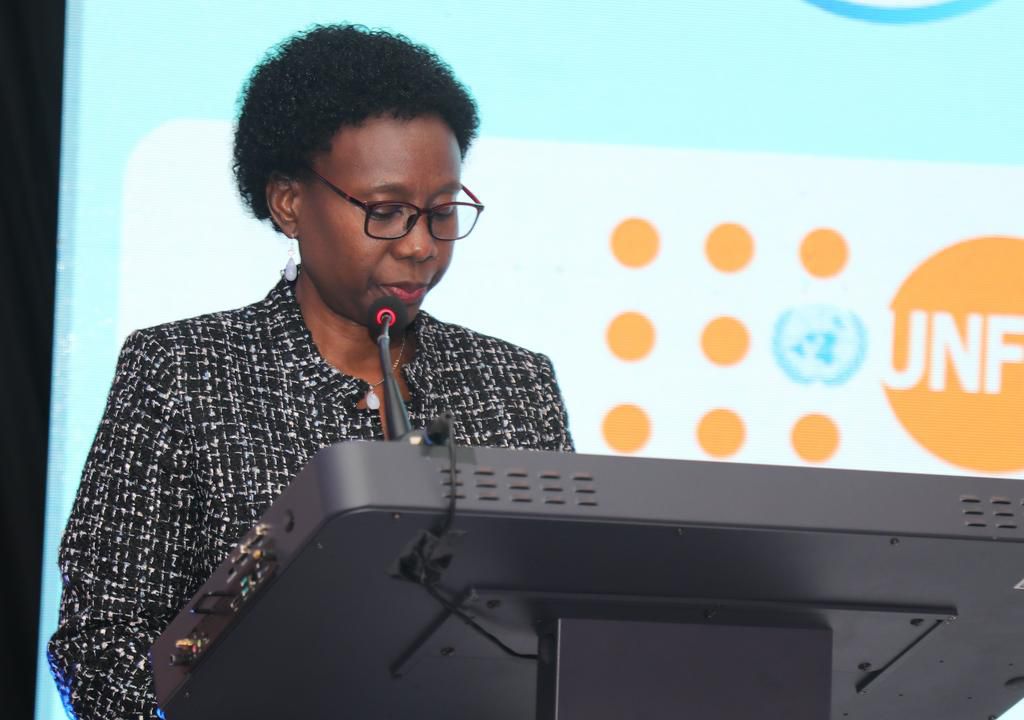Uganda's health sector has been hit hard by the recent cuts in U.S. foreign aid, resulting in a loss of over Shs 604 billion.
The funding cuts, which came into effect following the U.S. President’s Executive Orders, have affected crucial health programs, including HIV/AIDS, malaria, tuberculosis, and other health services.
Health Minister Dr. Ruth Aceng revealed that the cutbacks primarily impact six key programs, including the HIV/AIDS programs, malaria control initiatives, human resources for health, tuberculosis treatment, health information systems, and healthcare waste management.
The reduction in funding will have far-reaching effects on Uganda’s health infrastructure, service delivery, and workforce.
Dr. Aceng expressed her concerns during a meeting with Parliament’s Health Committee to review the Ministry's 2025/26 Ministerial Policy Statement.
The funding loss, she said, was a direct result of the withdrawal of U.S. support and urged Parliament to mobilise resources to reduce the country’s dependence on foreign aid.
“We are integrating services into routine healthcare services offered by our facilities and have prepared a cabinet paper for further discussion,” she said.
Dr. Aceng stressed that Uganda needs to become self-reliant in terms of health financing to avoid such vulnerabilities in the future.

The Global Impact and UNAIDS Response
International health organisations, including UNAIDS, have expressed grave concerns about the long-term implications of these cuts. UNAIDS has warned that the reduction in U.S. funding could result in a substantial increase in HIV infections and AIDS-related deaths across Africa.
UNAIDS Executive Director Winnie Byanyima has highlighted the risk of a reversal in the progress made in combating HIV/AIDS, with the potential for up to 6.3 million additional AIDS-related deaths in the coming years if the funding cuts are not addressed.
Byanyima said the cuts, especially to HIV/AIDS programs, could lead to an increase in new infections and deaths, undermining years of progress.
She called for urgent international collaboration to fill the funding gap and ensure that the momentum in the fight against HIV/AIDS is not lost. UNAIDS has also called for greater involvement from other donor nations to help mitigate the effects of the U.S. cuts.
Government’s Response and the Road Ahead
In response to these challenges, Uganda's Ministry of Health is exploring ways to achieve financial self-reliance in health services.
Dr. Aceng urged Parliament to act quickly to fill the funding void left by the U.S. cuts and to prioritise sustainable health financing.
She also outlined steps to integrate HIV and other health services into existing healthcare infrastructure, which could help alleviate some of the pressures caused by the funding shortfalls.
The Ministry is also focusing on reviewing and improving the country’s healthcare policies to ensure that essential health services remain available to all Ugandans, despite the financial challenges.
)
)
)
)
)
)
)
)